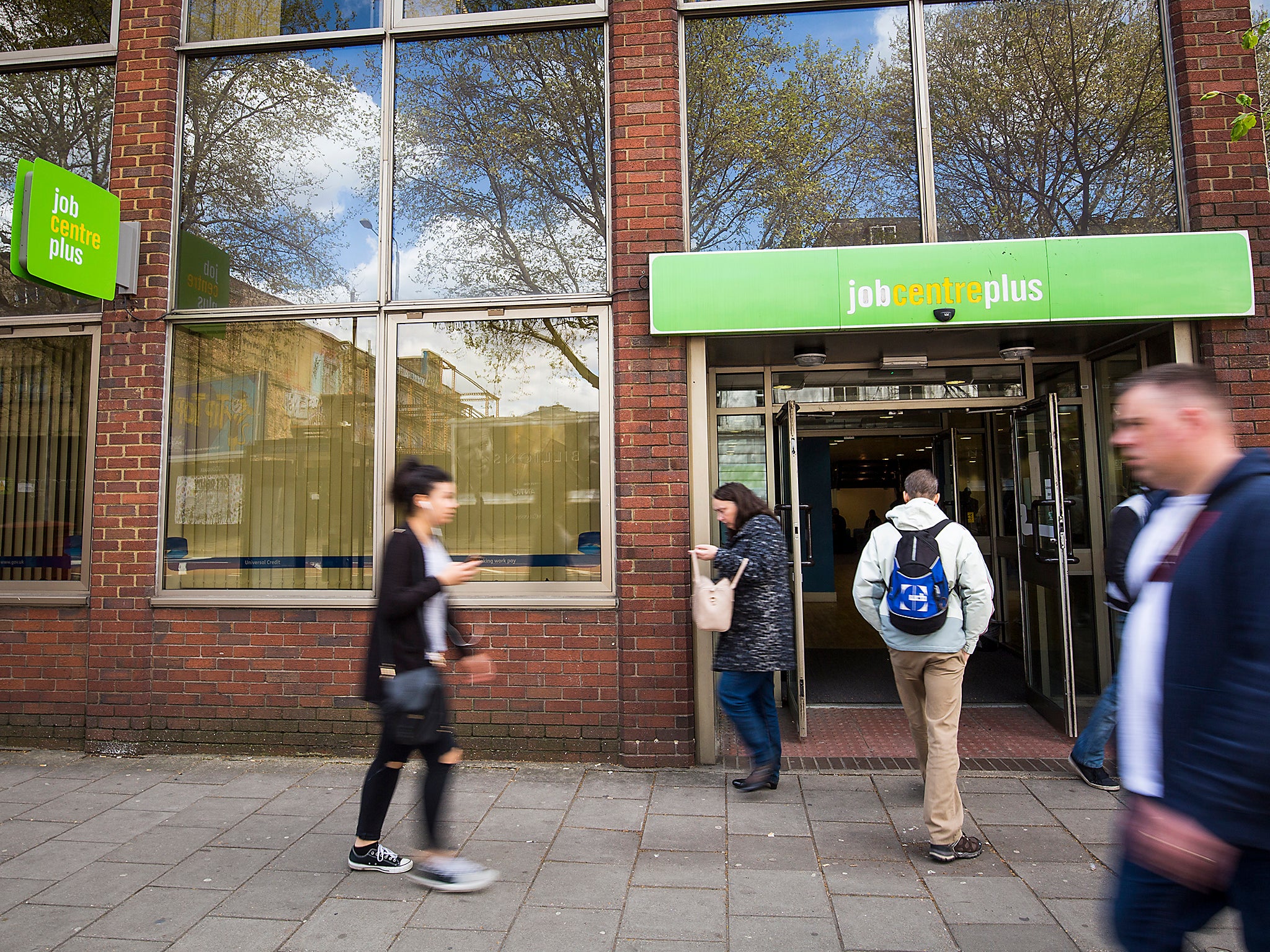Benefits freeze 'will leave low-income households more than £200 worse off next year'
Think tank says some 10 million people will be hit as inflation continues to rise

Your support helps us to tell the story
From reproductive rights to climate change to Big Tech, The Independent is on the ground when the story is developing. Whether it's investigating the financials of Elon Musk's pro-Trump PAC or producing our latest documentary, 'The A Word', which shines a light on the American women fighting for reproductive rights, we know how important it is to parse out the facts from the messaging.
At such a critical moment in US history, we need reporters on the ground. Your donation allows us to keep sending journalists to speak to both sides of the story.
The Independent is trusted by Americans across the entire political spectrum. And unlike many other quality news outlets, we choose not to lock Americans out of our reporting and analysis with paywalls. We believe quality journalism should be available to everyone, paid for by those who can afford it.
Your support makes all the difference.The continuing benefits freeze will leave low-income households more than £200 worse off next year, according to a leading think tank.
Rising inflation will mean that that low-earning couples with children will effectively lose £210 in 2019, the Resolution Foundation says.
Single parents could be as much as £260 poorer, its research has found.
Benefits – including tax credits, universal credit, child benefits and jobseeker's allowance – traditionally rise every year in line with inflation. But, as part of ongoing austerity measures, they have been frozen since April 2016, resulting in a decline in their real term value while inflation rises.
Now, if this year’s inflation reaches the predicted 2.7 per cent when revealed on Wednesday, it will mean the worth of working age benefits has fallen by an astonishing 6.4 per cent over the last four years.
The foundation says some 10 million people will be affected, and called on the government to use the upcoming budget to cancel the freeze.
Adam Corlett, its senior economic analyst, said: "While the prime minister this week repeated her claim that austerity is over, significant cuts in support for millions of low-income families are set to continue next year as a result of the ongoing freeze in working age benefits.
"The budget represents a last chance to cut short the benefit freeze. Scrapping it would send a strong signal that, from the perspective of low-income families, the government is committed to ending austerity."
It comes as it was revealed a transformation of the benefits system could leave some families £2,400 a year worse off. Work and pensions secretary Esther McVey has reportedly told cabinet colleagues the changes would effect two-thirds of working age couples with children.
A Government spokesman said: "We're committed to providing families with the support they need, which is why we spend £90 billion a year on working age benefits, and we will be spending £28 billion more on all welfare by 2022 than we do now.
"The reality is that there are now one million fewer people living in absolute poverty compared with 2010, including 300,000 fewer children.
"At the same time, we have supported more people into work, introduced the national living wage, doubled free childcare and helped workers keep more of the money they earn at the end of every month by cutting taxes for 31 million people."
But Margaret Greenwood, Labour's shadow work and pension secretary, said: "This is yet more shocking evidence that Theresa May is failing to keep her promise to end austerity.”
Join our commenting forum
Join thought-provoking conversations, follow other Independent readers and see their replies
Comments